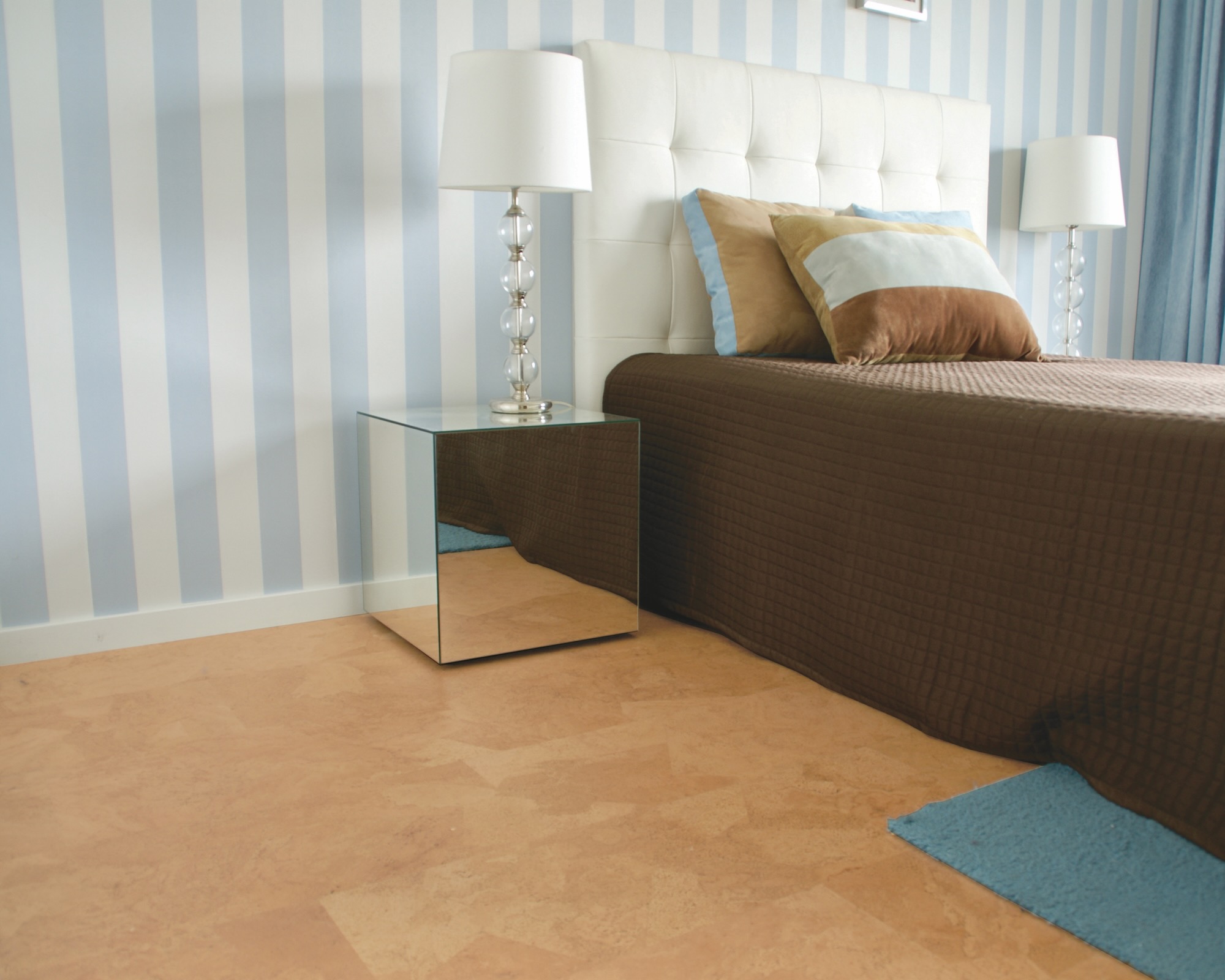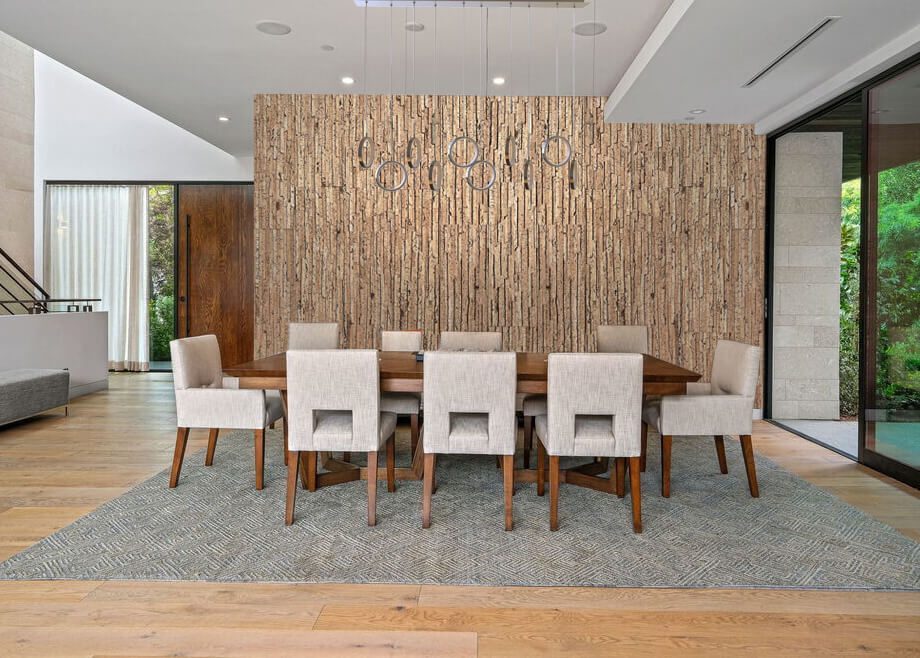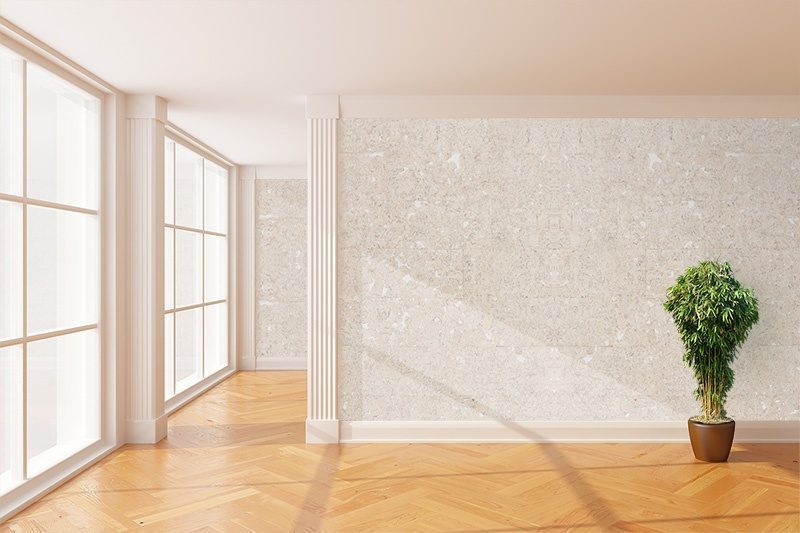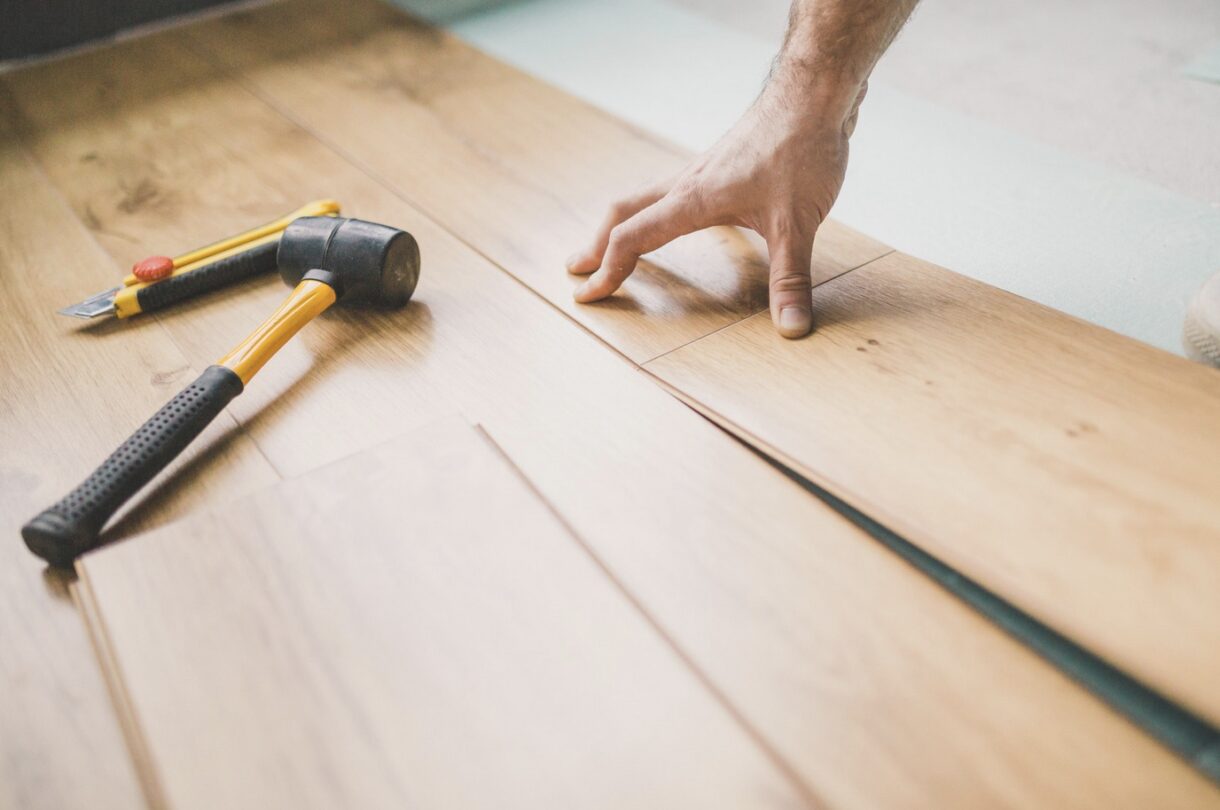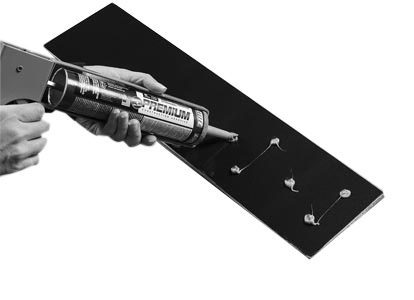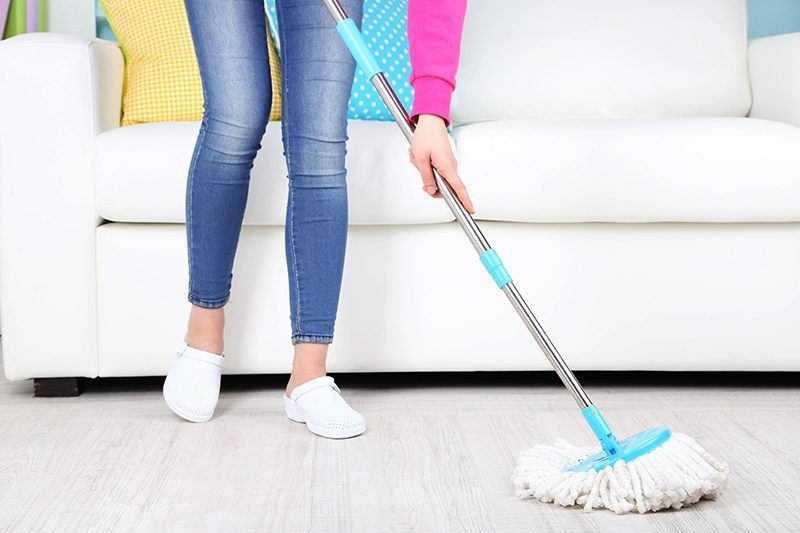Is Forna Cork Flooring Cork Tile and Cork Underlayment Waterproof?
We at icorkfloor.com, a distributor of Forna Cork flooring, can honestly answer that this question is complicated. To understand our cork flooring you must first understand cork and the manufacturing process of our cork floors. Natural cork bark is waterproof, and that is what cork bottle stoppers are made of. However agglomerated cork, which all other cork-based products are made of, do not carry that stamp. The reason for this is found in the manufacturing process. Once the bottle stoppers have been punched out of natural cork, the waste product is then ground into small granules and mixed together. Agglomerated cork is then fashioned by binding these granules with a water-based adhesive, while also utilizing high heat and immense pressure. Sheets of these are created for various purposes, so here also is where installation style, color, design and even thickness is determined.
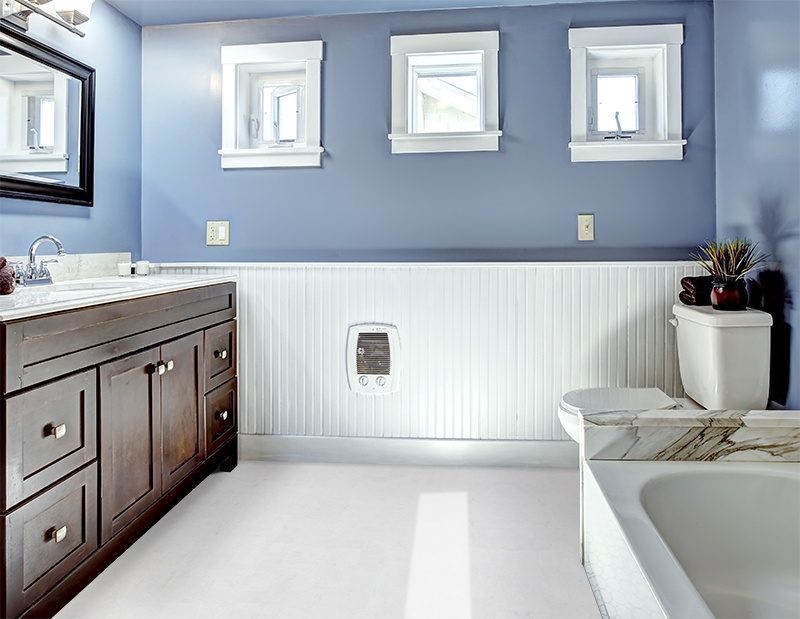
Cork flooring contains Suberin, a waxy substance that is natural to the cork, and makes it resistant to liquids and gasses. Because of this cork doesn’t rot or mildew which makes it perfect as waterproof flooring. For our glue-down tile flooring, which is 100% cork, you’ve got flooring that is waterproof. A cork tiles requires site finishing with Loba AT. Always. The reason being is not for the cork but for the adhesive and the subfloor. Because the cork tiles are glued directly over top of a subfloor the seams of the cork must be made impervious to water. The cork tiles must be sealed once they have been installed. Without the coating of Loba AT, water, dust, dirt, mud, oil, etc. will go into the seams to reach the subfloor and adhesive. The adhesive will then become contaminated and eventually loose adhesion. It also provide protection against scratches and denting.
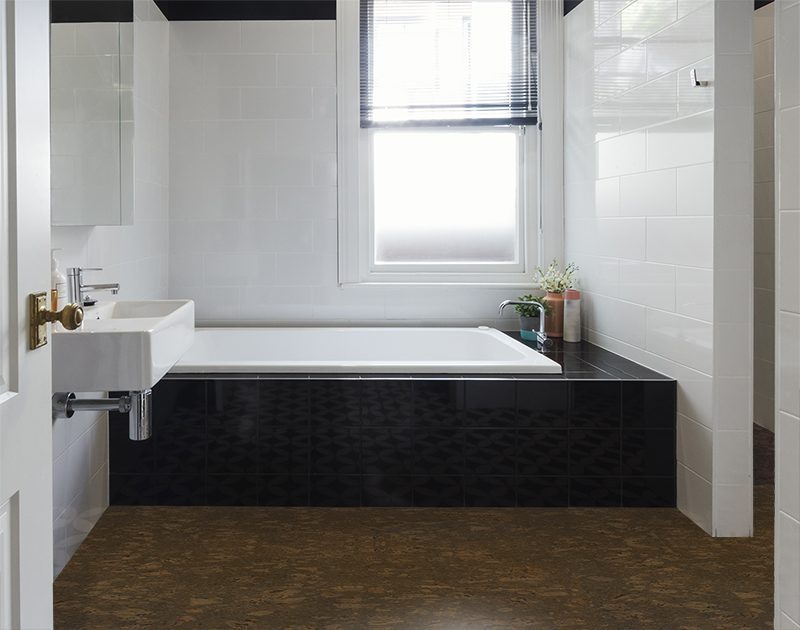
For our floating cork flooring the reason is not only the adhesive used, but the High Density Fibreboard (HDF) that makes up the Uniclic system. The HDF is water resistant but it can never be made water proof. Also as this floor is using only a grove and tongue click together system to hold it together, applying polyurethane will protect the surface but not the seams. When installed in the kitchen it will be water resistant, however precautions must be taken to avoid permanent damage. A floating floor cannot be installed in the bathroom. Bathrooms function in an entirely different sphere. A glue down application is the only option for a bathroom. As the HDF layer is prone to “puffing”, or water absorption, when faced with high humidity this is the last place you want a floating floor. Many bathrooms can have humidity levels of 85%-100% because of shower usage so these levels are considered disastrous for HDF.
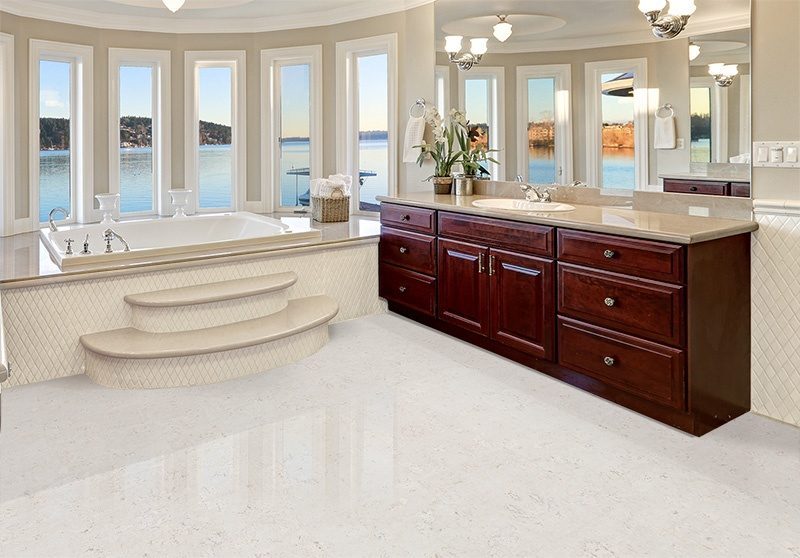
However, a floating floor can be installed in a basement. This can be done with a few minor precautions. Due to the risk of moisture migration from the concrete slab, a floating floor should be placed over a moisture barrier. This will provide you with trouble-free flooring. Unfortunately, a glue down installation is not recommended for this area. This seems contrary to what we’ve already explained, but the fact of the matter is: the water-based glue you will use will not stick to cement pads that have high(er) levels of moisture! Water or latex based contact cement flooring adhesives all have the same limitations. They will fail if the water/moisture content in the slab is too high. In fact, don’t bother trying to use solvent based adhesives to get around this problem. Cork flooring produced using water-based adhesives such as Forna’s will dissolve if a solvent based product is used. You’ll be left with a large expensive mess rather than a beautiful cork floor.
One way to get around this if you must have a glue-down floor in the basement is to install a sub floor overtop of your cement pad and then glue the cork to your new sub floor. This is then the equivalent to installing a floating floor…but much more expensive and time consuming as you will still need to ensure that the cement is up to grade and install a moisture barrier. This type of installation can get complicated due to the extra product/costs and time required.
Our underlayment will need a moisture barrier if it is installed over subfloors with high humidity issues. As with our glue-down tiles the water-based binding adhesive can break down over time. Unfortunately, it is not wise to apply any sealant directly onto the underlayment sheets. If installed beneath a floating cork floor, a top coat sealant should help to protect it. For other flooring materials please speak with one of our representative for best results.
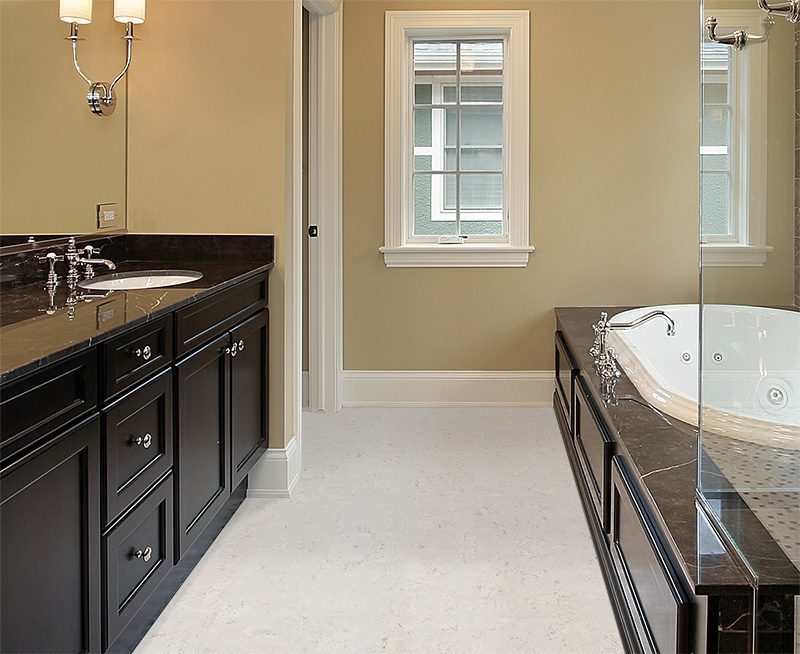
Come visit us at icorkfloor.com. We are ready to help answer any further questions you may have.


